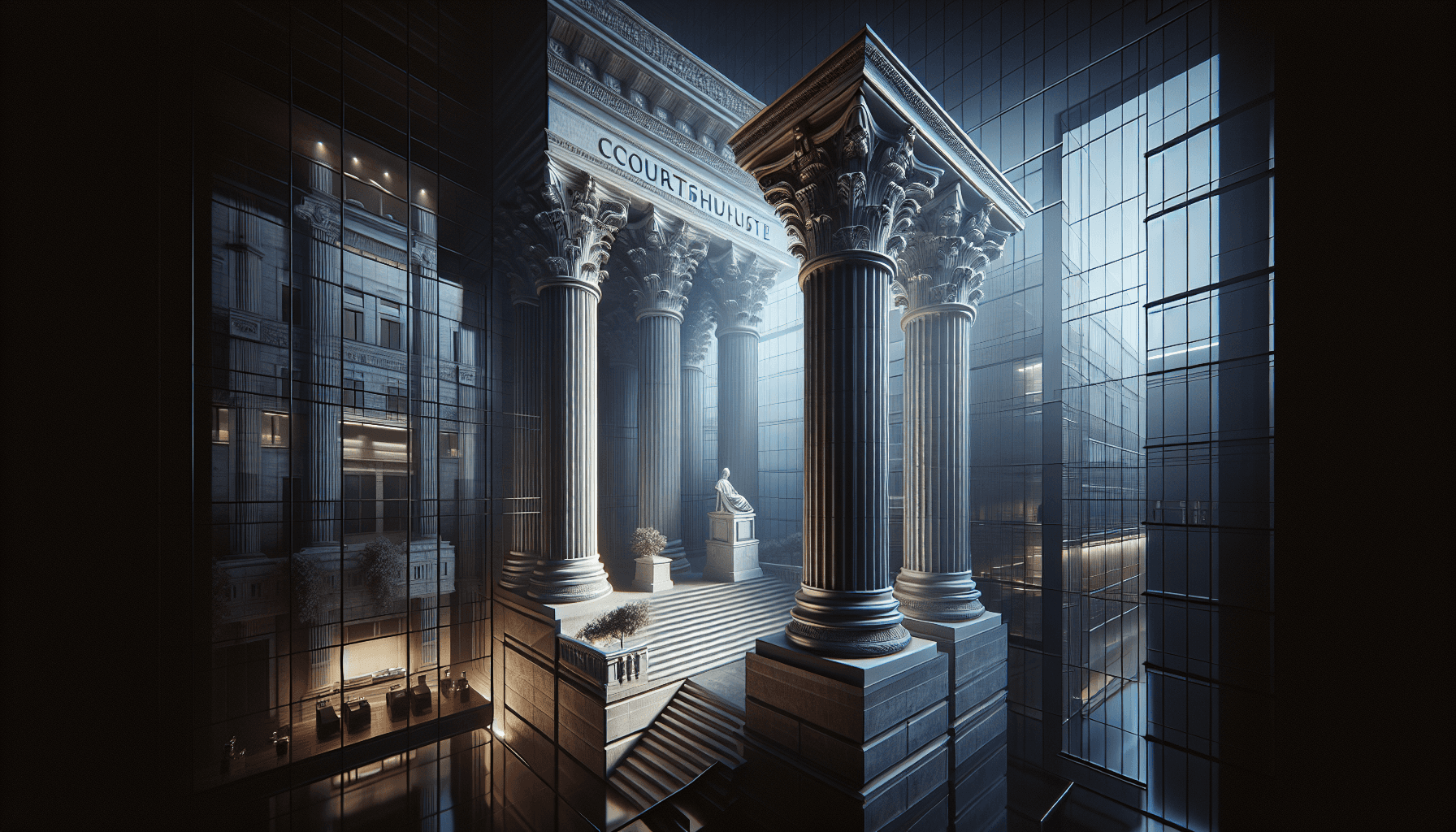What Happens During a Home Foreclosure Process?
I know facing foreclosure can feel overwhelming. Let me walk you through what this process looks like and what you can do about it.
Foreclosure: Foreclosure is a legal process where a lender takes possession of and sells a property after the owner fails to make mortgage payments or breaches other loan terms. The property is then typically sold at auction to recover the remaining debt owed to the lender.
Introduction to Foreclosure
Nobody buys a home thinking they'll face foreclosure. Yet life can throw unexpected curveballs that make keeping up with mortgage payments difficult. Missing payments often starts the ball rolling, but other factors play a role too. You might lose your job, face steep medical bills, or watch your property value sink below what you owe. These situations can make it impossible to keep up with payments or sell the property to break even.
The Foreclosure Timeline
The process usually starts when you miss your first payment. Your lender will contact you about the missed payment, and if you can't catch up, they'll send a default notice. You'll typically have a grace period to get back on track.
If you can't resolve the situation, here's what happens next:
The lender files a Notice of Default (NOD)
Public notice gets filed with your county
An auction date gets scheduled
After the sale, if you're still living in the home, you'll need to move out. The impact on your credit score can last for years.
Types of Foreclosure Processes
Different states handle foreclosures differently. The main types are:
Judicial Foreclosure
This process goes through the courts. The lender files a lawsuit, and you'll receive court summons. This type takes longer but gives you more opportunities to defend yourself.
Non-judicial Foreclosure
If your mortgage has a "power of sale" clause, the lender can bypass the courts. This process moves faster, but rules vary by state.
Strict Foreclosure
This rare type transfers property ownership directly to the lender without an auction. Only a few states allow this option.
Preventing Foreclosure
You have options if you're struggling with payments. Talk to your lender right away - they might offer:
Loan modifications to lower your payments
Temporary payment breaks through forbearance
Short sale options if you owe more than the home's worth
Impact of Foreclosure
Foreclosure affects more than just your housing situation. Your credit score will take a significant hit, making it harder to rent or buy another home. But the ripple effects spread beyond individual homeowners. Neighborhoods with multiple foreclosures often see dropping property values, which can affect the entire community.
Buying Foreclosed Properties
On the flip side, foreclosed homes can offer good deals for buyers. You might find properties priced below market value, but be careful. These homes often need repairs, might have title problems, or come with other unexpected expenses. Always get a thorough inspection and title search.
Legal Rights and Responsibilities
Both homeowners and lenders have specific rights and duties during foreclosure. You have the right to:
Catch up on missed payments during the redemption period
Receive proper legal notices
Challenge mistakes in the foreclosure process
Moving Forward After Foreclosure
Life doesn't end with foreclosure. Focus on rebuilding your credit and saving money. Most people can qualify for another mortgage after a few years, though you'll need to meet stricter requirements.
Ready to Take Action?
Whether you're facing foreclosure or interested in buying foreclosed properties, Bellhaven Real Estate can help guide you through the process. Our team understands both sides of foreclosure transactions and can help you make informed decisions about your real estate future.

